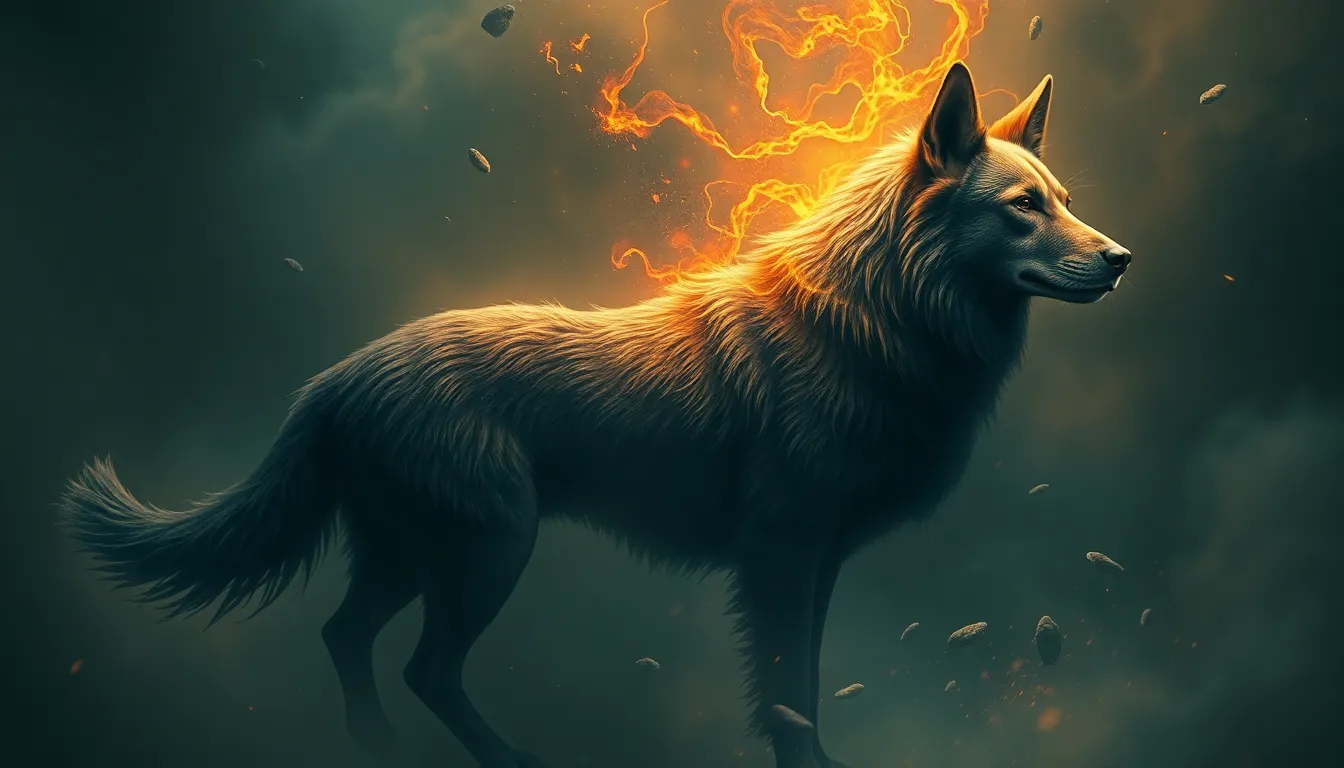Introduction: The Significance of Sacred Offerings in Native American Mythology
In the tapestry of Native American mythology, sacred offerings hold immense significance, serving as a bridge between humans and the divine realm. These offerings, imbued with deep symbolism and spiritual intent, play a vital role in honoring deities, expressing gratitude, and seeking blessings. Through the act of offering, Native Americans demonstrate their profound reverence for the natural world and their interconnectedness with all living beings.
The Role of Offerings in Native American Spirituality
Sacred offerings are an integral part of Native American spiritual practices, transcending mere gestures of appeasement. They embody the belief that humans share a reciprocal relationship with the spiritual world. By making offerings, individuals acknowledge their dependence on the divine and express their desire to maintain a harmonious balance. Offerings serve as a means of communication, conveying prayers, requests, and expressions of gratitude to the spirits.
Types of Sacred Offerings
The diversity of Native American cultures is reflected in the wide array of sacred offerings presented. Common offerings include tobacco, corn, animal sacrifices, personal belongings, and artifacts. Each offering carries its own unique symbolism and is carefully chosen to align with specific intentions or rituals. The choice of offering often depends on the tribe, the occasion, and the intended recipient.
The Rituals and Ceremonies Associated with Offerings
Sacred offerings are not simply objects bestowed upon the divine but are often accompanied by specific rituals and ceremonies. These rituals vary depending on the tribe and the type of offering being made. They may involve prayers, chanting, dancing, or the use of sacred objects such as drums or rattles. The rituals surrounding offerings create a sacred space, enhancing the significance and power of the offering.
The Symbolic Meanings of Common Offerings
Each type of sacred offering carries a specific symbolic meaning. Tobacco, for example, is often used as a means of purification and communication with the spirits. Corn, a staple crop for many Native American tribes, represents sustenance and fertility. Animal sacrifices symbolize the giving of life in exchange for blessings or protection. Personal belongings and artifacts represent the individual's connection to the offering and serve as a tangible representation of their intentions.
6. Tobacco: The Sacred Smoke
Tobacco holds a profound place in Native American mythology and spirituality. It is considered a sacred plant, believed to possess purifying and communicative properties. Tobacco smoke is often used to carry prayers and offerings to the spirits. The pipe used for smoking tobacco is also considered sacred, representing the connection between the human and spiritual realms.
7. Corn and Other Agricultural Products
Corn, beans, and squash are central to many Native American cultures, both as staple foods and as sacred offerings. These agricultural products represent sustenance, fertility, and the gratitude for the gifts of the earth. Cornmeal is often used in ceremonies and rituals, while other agricultural products may be offered to honor the spirits responsible for their growth and abundance.
8. Animal Sacrifices and Totems
In some Native American cultures, animal sacrifices were made as a form of offering to the spirits. These sacrifices were often made in conjunction with specific rituals and ceremonies, and the animals chosen held symbolic meanings. Animals such as bears, eagles, and wolves were often revered as totems, representing specific clans or tribes and embodying their protective spirits.
9. Personal Belongings and Artifacts
Personal belongings and artifacts can also serve as sacred offerings, representing the individual's connection to the offering and their intentions. These may include items such as clothing, jewelry, weapons, or tools. By offering these personal items, individuals demonstrate their commitment to the spirits and their desire for blessings or protection.
10. The Legacy and Impact of Sacred Offerings in Native American Culture
The tradition of sacred offerings continues to play a vital role in Native American culture today. These offerings serve as a reminder of the deep connection between humans and the spiritual world, honoring the traditions of the past while fostering a sense of continuity and cultural identity. Offerings continue to be made at powwows, ceremonies, and other significant events, ensuring that the legacy of this sacred practice remains alive for generations to come.
FAQ
What is the purpose of sacred offerings in Native American mythology?
Sacred offerings serve various purposes, including honoring deities, expressing gratitude, seeking blessings, and maintaining a harmonious balance between humans and the spiritual world.
What are some common types of sacred offerings?
Common offerings include tobacco, corn, animal sacrifices, personal belongings, and artifacts. Each offering carries its own unique symbolism and is chosen to align with specific intentions or rituals.
Are sacred offerings still made in Native American culture today?
Yes, the tradition of sacred offerings continues to play a vital role in Native American culture. Offerings are made at powwows, ceremonies, and other significant events, ensuring the continuity and cultural identity of these sacred practices.



